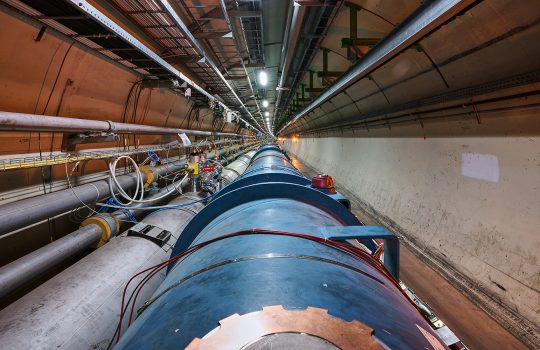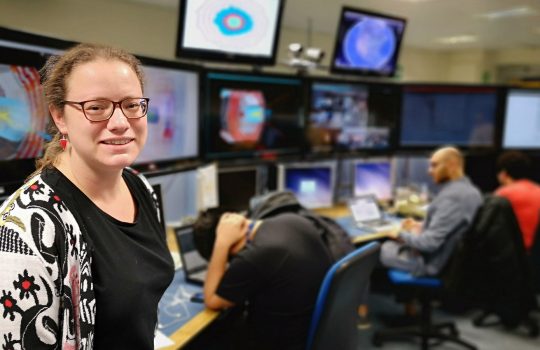It’s intermission for the Large Hadron Collider
From The New York Times, Dec. 21, 2018: The largest machine ever built is shutting down for two years of upgrades. Take an immersive tour of the collider and study the remnants of a Higgs particle in augmented reality.



